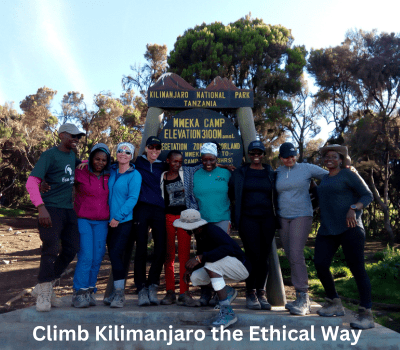Can I Climb Mount Kilimanjaro Alone?
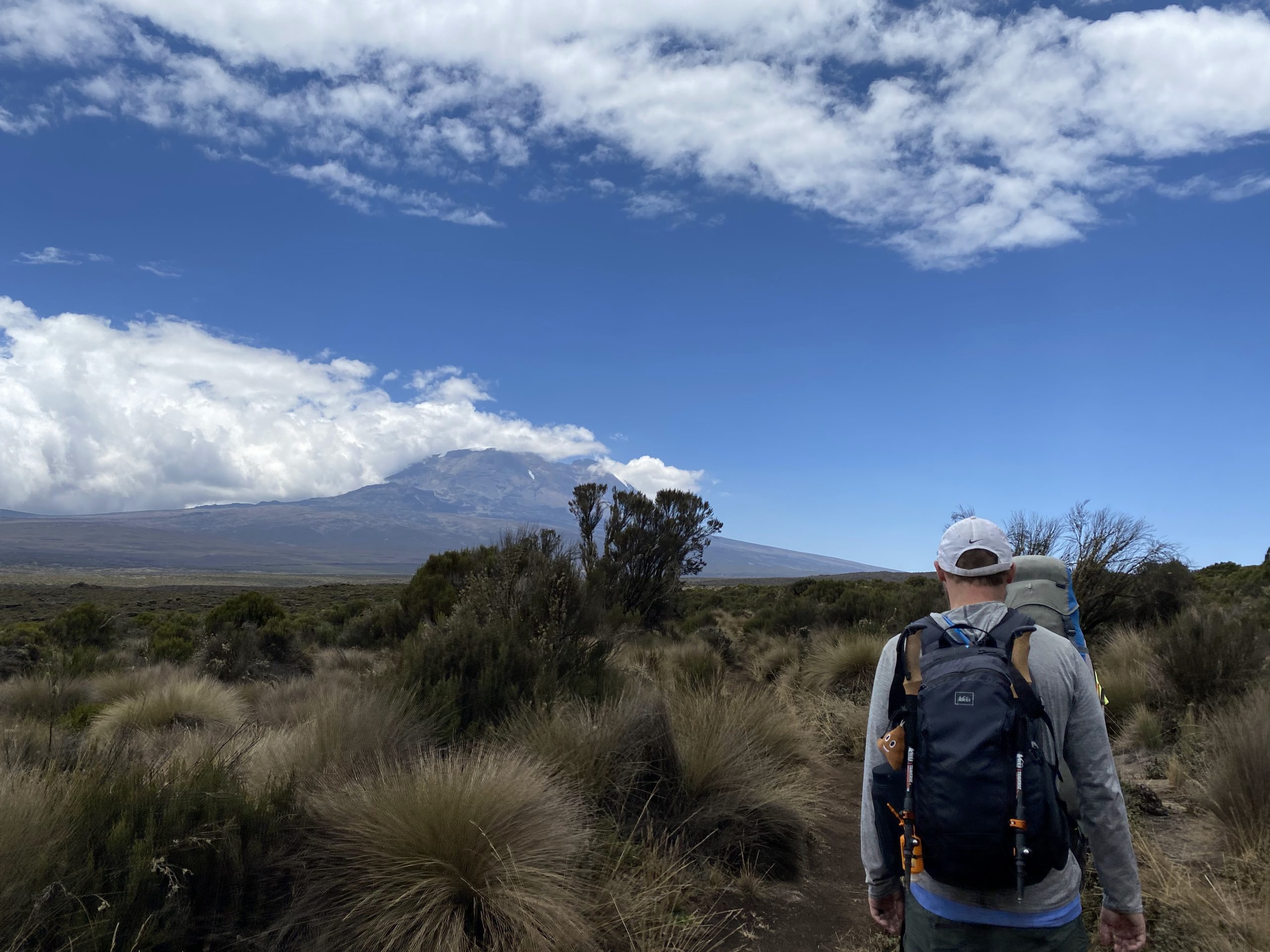
If you’re an adventurous soul who enjoys going off the beaten path, it’s natural to wonder — can I climb Mount Kilimanjaro alone? Whether you’re craving solitude, self-reliance, or an ultimate solo test of endurance, the idea is tempting. But here’s the truth, straight and simple: climbing Kilimanjaro completely alone is not legally allowed. You cannot climb Mount Kilimanjaro without a registered guide and licensed tour operator.
The Tanzanian government requires all climbers to be accompanied by a licensed guide. This regulation isn’t just red tape — it’s about safety, sustainability, and ensuring fair treatment of workers. At Eco-Africa Climbing, we support this rule wholeheartedly and believe that even solo travelers deserve a guided experience that feels personal, private, and powerful — without compromising safety or ethics.
In this in-depth guide, we’ll explore why you can’t legally climb Kilimanjaro solo, what your options are as a solo traveler, and how we create customized solo climbs that offer freedom, privacy, and 7-star support.
Why Climbing Kilimanjaro Solo Is Not Allowed
Government Regulation for Guided Climbs
Since 1991, Tanzania National Parks (TANAPA) has mandated that all climbers must register with a licensed guide and tour operator. This law is enforced at all official gate entries, including popular routes like Machame, Lemosho, and Marangu.
When you arrive at the park gate, rangers check that your name is listed under a certified tour operator, and that you have an assigned guide. If not, you’ll be denied access. This is strictly enforced — there’s no way around it.
Why the Rule Exists: Safety and Sustainability
Mount Kilimanjaro reaches 5,895 meters (19,341 feet) — and altitude sickness is a serious risk. Many trekkers, including experienced hikers, develop symptoms. Without professional guidance, these can quickly escalate into medical emergencies like HAPE or HACE.
Solo climbers are more vulnerable in remote, high-altitude zones — especially without access to oxygen, medical support, or a rescue plan. Requiring a guide ensures your health is monitored every day — and that help is immediately available if needed.
There’s also the ethical angle. Hiring a guide and crew supports Tanzania’s economy and helps uphold worker rights, especially through organizations like the Kilimanjaro Porters Assistance Project (KPAP).
What “Solo Climb” Really Means on Kilimanjaro
Private Climbs vs. Group Climbs
Many climbers ask us if they can go “solo” — what they usually mean is privately. Yes, absolutely! At Eco-Africa Climbing, we offer completely private expeditions where it’s just you and your support team (guide, cook, and porters). You won’t be placed in a group with strangers unless you request it.
This is ideal for travelers seeking solitude, flexibility, or a customized pace. You’ll get one-on-one attention, full control over your trekking rhythm, and the peaceful, meditative space many solo travelers crave — while still enjoying all the safety and support of a fully staffed climb.
Can I Join a Group as a Solo Traveler?
Yes — we also offer join-a-group climbs where solo travelers are paired with like-minded adventurers. This is a great option if you want to make friends, reduce costs, and still have guide support. You’ll have your own tent and personal care — but share the experience with others aiming for the summit.
Why Going Solo Without a Guide Is Dangerous
Altitude-Related Medical Emergencies
One of the biggest risks of climbing Kilimanjaro is altitude sickness. Conditions like Acute Mountain Sickness (AMS), High Altitude Pulmonary Edema (HAPE), and High Altitude Cerebral Edema (HACE) can set in quickly — especially above 3,500 meters. Without a trained guide to monitor your symptoms and intervene when necessary, solo climbers can easily ignore warning signs and push too far.
At Eco-Africa Climbing, we perform twice-daily health checks using pulse oximeters to monitor oxygen levels and heart rate. We carry emergency oxygen and are trained in altitude response. That support is critical when the air gets thin, and you’re not thinking clearly.
Navigation and Weather Hazards
Though Kilimanjaro routes are generally marked, fog, rain, or snow can obscure trails — especially on summit night. Navigation errors are a real threat when you’re exhausted or disoriented. With professional guides who know every twist in the trail, you’re never at risk of getting lost or delayed by dangerous conditions.
We also track weather daily, make route adjustments, and ensure you’re never exposed to unnecessary risk. Solo climbers don’t have this oversight — which increases both danger and stress.
What to Expect on a Solo (Private) Kilimanjaro Climb
Your Own Support Crew
A solo or private climb with Eco-Africa Climbing means you get your own guide, cook, and team of porters. You’re not sharing space, pace, or priorities with anyone. Want to take more photos? Stop and journal? Hike faster or slower? That’s your call.
Your guide will tailor the experience entirely to your pace and energy. Meals are cooked just for you. Your tent is yours alone. Everything revolves around your success and comfort. This is the ultimate solo challenge — without the solo risk.
Solo, But Not Isolated
Even on a private climb, you’ll meet other climbers at camps, especially on popular routes like Lemosho or Machame. You’ll share the trail, trade stories at mess tents, and make new friends — while still enjoying your own crew and pace.
It’s the best of both worlds: the space of a solo trek with the backup of a world-class team.
Ethical and Legal Reasons to Avoid Solo Climbing
Protecting the Rights of Kilimanjaro Workers
The law requiring guides on Kilimanjaro is partly to ensure climbers don’t exploit local labor or bypass ethical standards. Climbing with a licensed operator ensures fair pay, good working conditions, and ethical treatment for guides and porters.
As a certified partner of the Kilimanjaro Porters Assistance Project (KPAP), we follow all porter welfare regulations — including fair wages, meal provisions, load limits, and access to gear. When you book a solo trip with us, you’re contributing to a more just, community-powered travel industry.
Why Legal Solo Climbing Doesn’t Exist
Let’s be clear — there is no such thing as legally climbing Kilimanjaro without a guide. Attempting to do so puts you in violation of Tanzanian law and results in immediate removal from the park, fines, or deportation. Online forums suggesting “workarounds” are dangerous and outdated.
The safe, legal, and ethical way to experience Kilimanjaro solo is to do a private climb with a licensed operator — like Eco-Africa Climbing.
Best Routes for Solo Climbers
Lemosho Route: The Balanced Choice
The Lemosho Route is a top pick for solo adventurers seeking scenery, solitude, and a gradual pace. It starts on the western side of the mountain, giving you a few quiet days before merging with the popular Machame Route. This trail offers excellent acclimatization and low traffic during the first half, making it perfect for introspection and personal growth.
The 8-day Lemosho itinerary gives your body time to adjust and boosts your summit chances significantly — especially important when hiking without group motivation. Your guide ensures the tempo stays gentle and in tune with your energy.
Northern Circuit: Maximum Solitude
For a true solo-style experience, the Northern Circuit offers the quietest path on Kilimanjaro. Spanning 9 days, it circumnavigates the mountain and offers unmatched views with fewer crowds. It’s ideal for reflection, mindfulness, and those who want a deeply personal journey.
The longer itinerary means lower physical stress, better altitude adjustment, and higher success — a perfect formula for solo trekkers guided by expert support.
Machame Route: The Scenic Social Option
Prefer solo travel but don’t mind a bit of trail company? The Machame Route is a great option. While it’s more crowded than Lemosho or Northern Circuit, you’ll enjoy lively camps, sweeping views, and varied terrain.
It’s a great middle ground if you want to meet fellow climbers during rest stops, yet retreat to your private setup with your personal guide team at the end of each day.
Cost Considerations for Solo Climbers
Why Solo Climbs Cost More
A private Kilimanjaro climb naturally costs more per person than a group climb — because the same logistics (guide, porters, cook, permits, equipment) are arranged just for you. But that investment translates to greater freedom, personalized care, and unmatched flexibility.
At Eco-Africa Climbing, we price our solo treks competitively and ethically, ensuring you get top-tier support and service without unnecessary markups. Plus, your money stays in Tanzania — fueling local jobs and communities.
Ways to Reduce Costs
Solo but on a budget? Consider:
- Joining an existing group climb
- Climbing in the shoulder season (January–March or October–early December)
- Booking early to lock in lower rates
We’ll work with you to customize the best route, season, and team size to match your budget and dream experience.
How We Support Solo Climbers at Eco-Africa Climbing
Personalized Planning
From your first inquiry to your summit celebration, our team gives solo travelers extra care and detail. We’ll help you choose your route, train for the trek, pack the right gear, and navigate visa and insurance requirements. If you have questions, we’re available via WhatsApp, email, or call — no middle agents, no third-party delays.
Private Support, 7-Star Service
Your private climb includes:
- 1-on-1 attention from your certified guide
- Nutritious, hot meals made just for you
- Private tent, toilet tent, and sleeping setup
- Customized pace, daily health checks, and altitude coaching
We’ve helped hundreds of solo clients summit confidently — and we’re ready to help you do the same.
Conclusion
So, can you climb Mount Kilimanjaro alone? Legally, no — but you absolutely can climb it privately, with a support team dedicated to you. A solo climb doesn’t mean isolation. It means climbing on your terms, at your pace, with your own crew focused solely on your success.
At Eco-Africa Climbing, we make solo climbs feel safe, powerful, and transformational. Whether you’re seeking personal growth, healing, or simply the thrill of a private summit, we’ll guide you every step of the way — ethically, responsibly, and with 7-star support.
So go ahead. Take that first step. Your solo Kilimanjaro journey starts here — and we’ll help you finish it strong.
FAQs
Can I legally climb Kilimanjaro without a guide?
No. Tanzanian law requires all climbers to be accompanied by a licensed guide and registered operator. Solo climbing without a guide is illegal and can result in fines or removal from the park.
Is it safe to do a private solo climb?
Yes — with the right team. At Eco-Africa Climbing, solo treks come with full support: guide, cook, porters, health monitoring, emergency oxygen, and more.
What’s the best route for solo climbers?
The Lemosho and Northern Circuit routes offer solitude, scenery, and excellent acclimatization — ideal for private treks.
Is it more expensive to climb solo?
Private climbs do cost more per person than group trips. But they come with flexibility, privacy, and one-on-one guide attention. We also offer ways to reduce cost while maintaining quality.
How do I book a solo Kilimanjaro trip?
Just head over to our Kilimanjaro Booking Request page, or contact us. We’ll help you plan every step of your solo adventure.
Share:
Related Posts
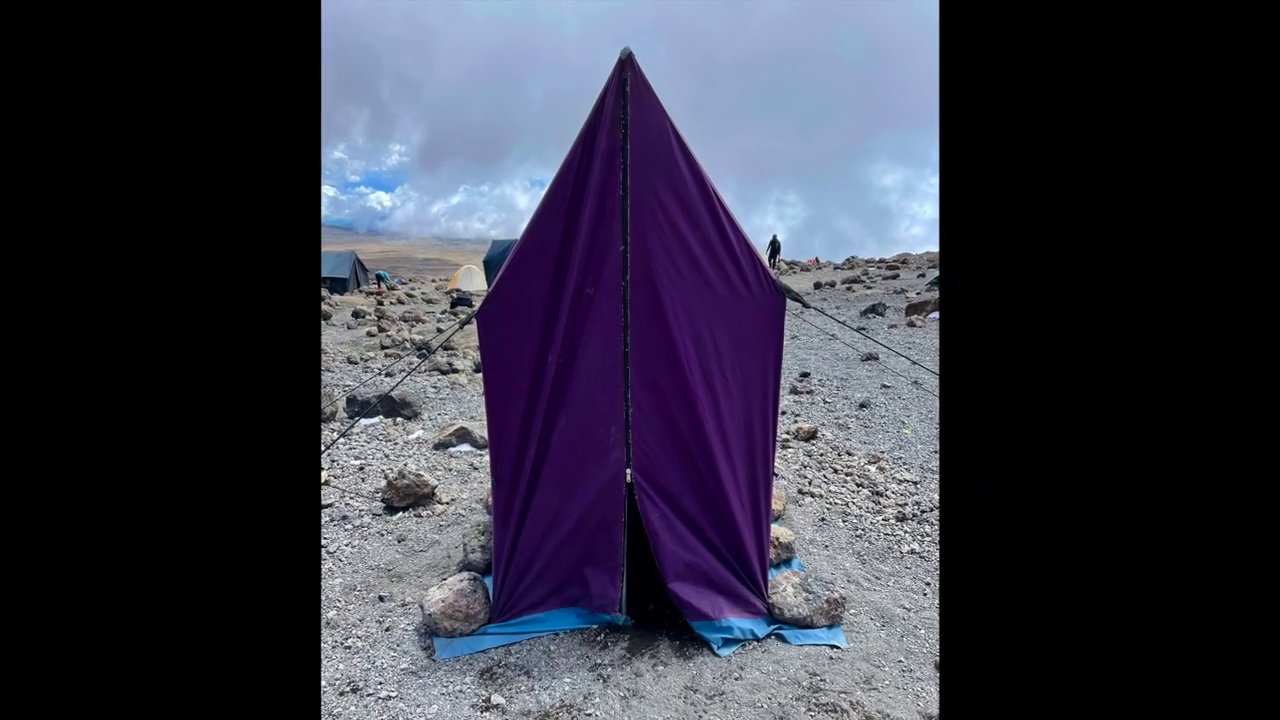
bathroom on mountain kilimanjaro
Bathroom on Mountain Kilimanjaro: What to Expect and How to Prepare Introduction One of the most common — and least discussed — questions from people
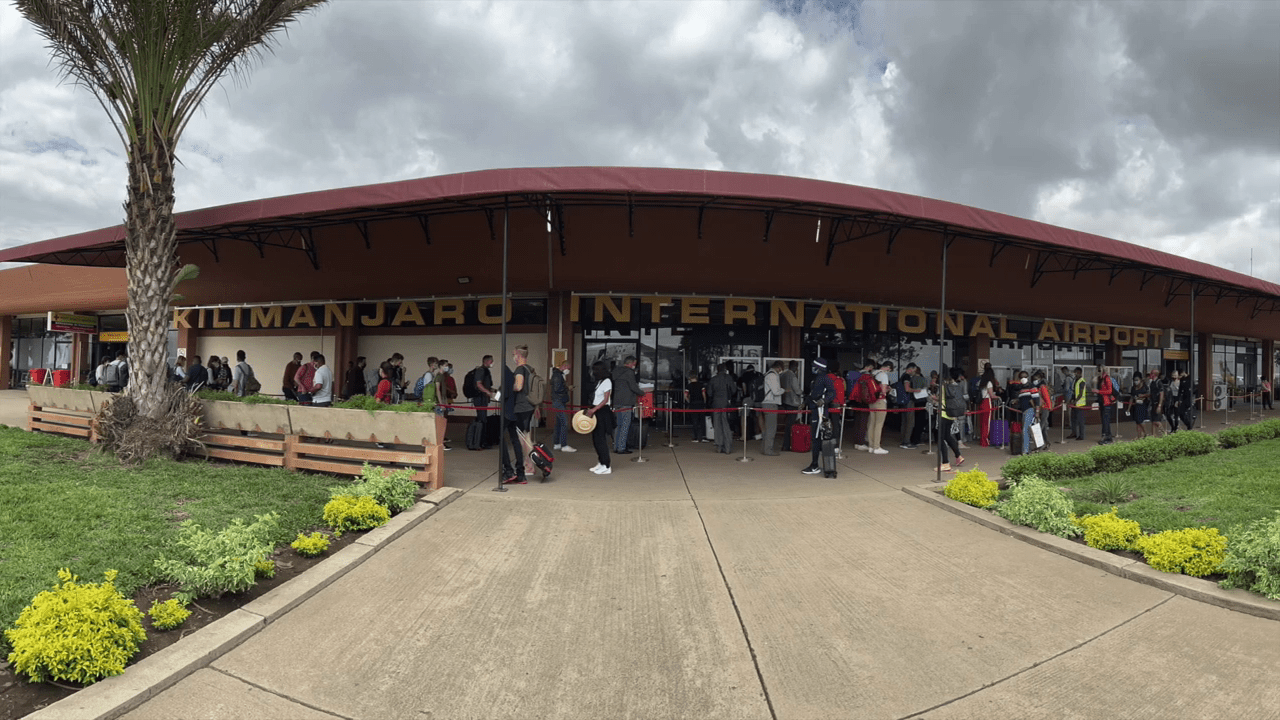
Are Guides Readily Available in Tanzania Without Prior Booking?
Are Guides Readily Available in Tanzania Without Prior Booking? Introduction: Should You Risk Climbing Without Pre-Booking? Climbing Mount Kilimanjaro is a dream for many adventurers.
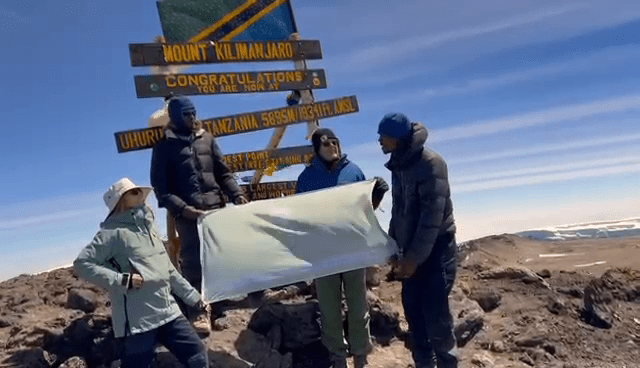
How Can I Find a Reliable Local Guide for My Kilimanjaro Expedition?
How Can I Find a Reliable Local Guide for My Kilimanjaro Expedition? Introduction: Why the Right Guide Is Key to Kilimanjaro Success Climbing Mount Kilimanjaro
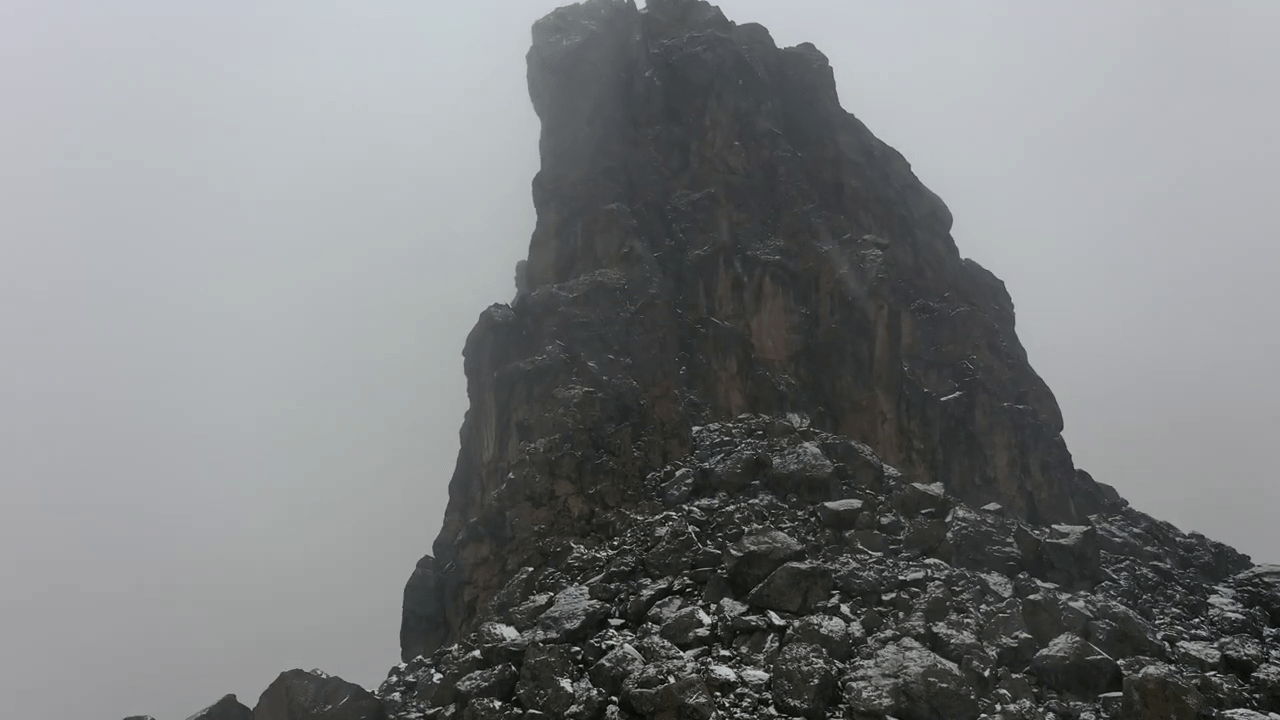
Is Climbing Kilimanjaro Dangerous for Individuals Without Mountaineering Experience?
Is Climbing Kilimanjaro Dangerous for Individuals Without Mountaineering Experience? Introduction: The Myth of Danger and Experience Many aspiring adventurers wonder if climbing Mount Kilimanjaro is
